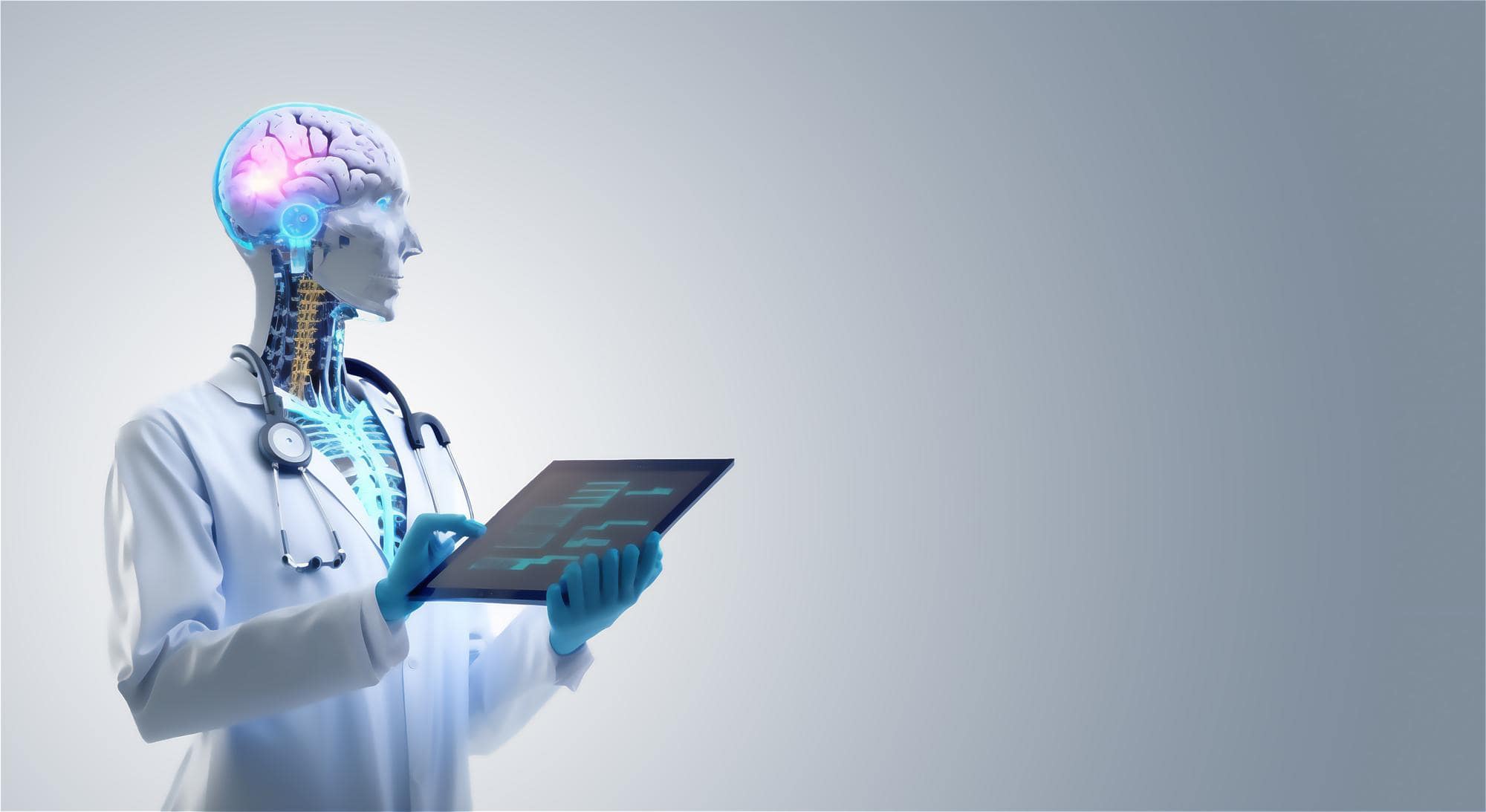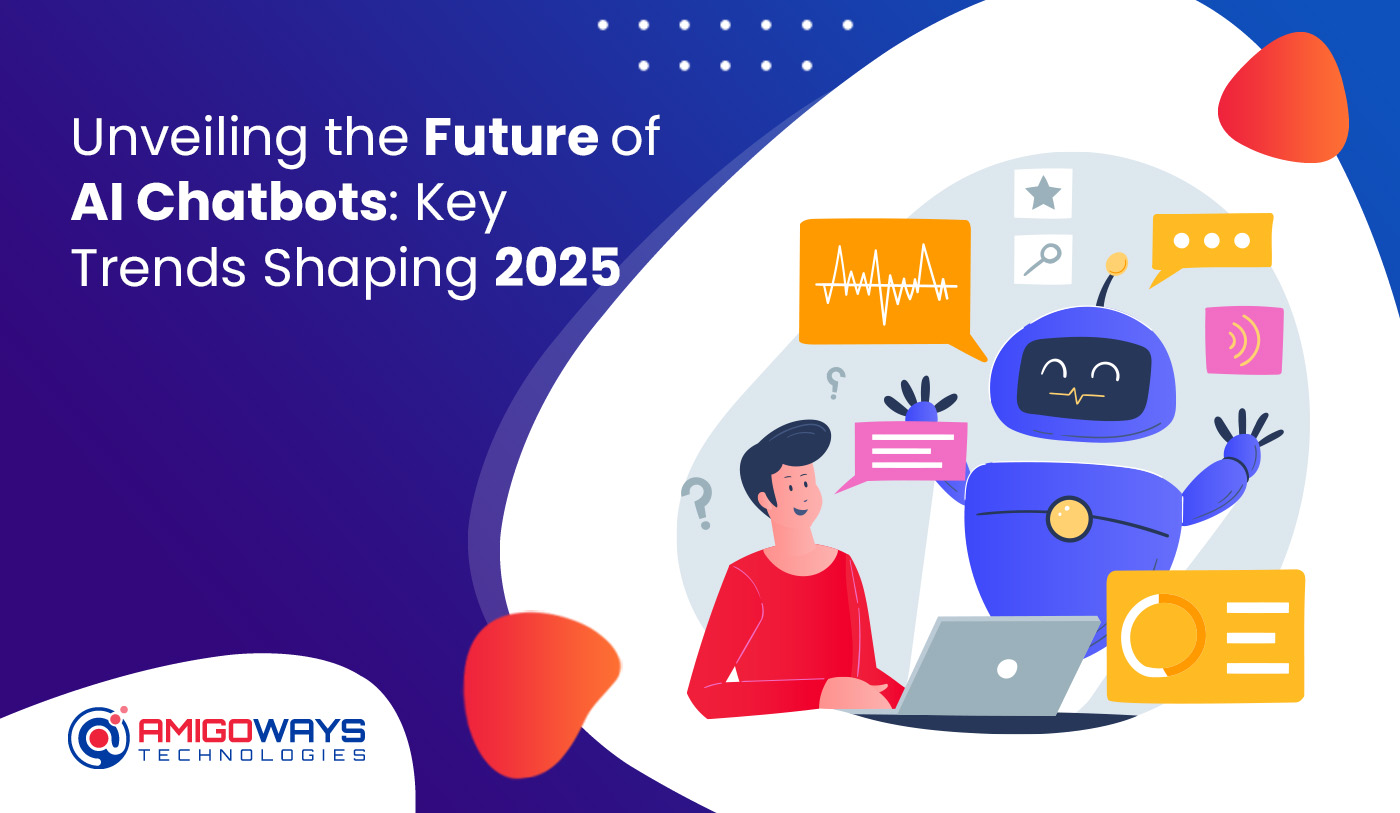Have you ever considered what healthcare could entail in the future? Now, be set to investigate a fascinating recent advancement known as RPA services! Robotic Process Automation, or RPA, is the use of specialized robots, or “bots,” to assist with operations within the healthcare sector. We’ll explore RPA in detail in this guide and see how it may significantly alter the healthcare industry. RPA services have the power to transform the way we get healthcare by enhancing patient experiences and expediting and optimizing administrative procedures. Now let’s go out on this adventure to learn about the remarkable effects of RPA services for healthcare and the future of healthcare.
1. Enhanced Administrative Efficiency:
To give an instance of how RPA services may help in major areas, basic administrative duties are among them. Healthcare institutions have not only these vast records and data entry to deal with, but as well as patient record management. This will then be replaced by RPA which will help automate such activities and will make them quick and convenient. RPA bots can automate procedures, like appointment booking, form of claims, admission forms, and so on, with fewer chances of errors in data entry thus enhancing administrative efficiency and accuracy. working out with two guys
2. Improved Patient Experience:
The same RPA services that help improve patient experience by cutting down waiting times and enhancing communication can also be used to increase the overall efficiency of the healthcare system. For example, artificial intelligence (AI) can perform patient registration using machines that not only keep records accurately but also make them quick and easily prompt. It is also in the capacity of these devices to set engaging and reminder appointments as well as educational materials regarding treatments. It thus leads to boosted engagement and adherence to the treatment plans. The healthcare workers can manage the repetitive tasks by automation and put their hands on the patient care, which therefore the bonds can be made more personal and touching.
3. Data Management and Analytics:
The healthcare sector’s data has been skyrocketing along with its growth, so to allow informed decisions to be made effectively, the information has to be managed and analyzed closely. RPA as a service can be used in data management to automate the extraction, integration, and analysis processes of information. Robots can retrieve relevant information from different data sources such as doctors’ notes and laboratory results, ultimately giving medical providers a complete and latest picture of the patient. Consequently, it expands the diagnostic ability, assists with treatment planning, and identifies a point of no return, which is essential for preventive health care.
4. Compliance and Regulatory Adherence:
Within the hard healthcare regulation, this organization gives health compliance a high priority. They can help with the compliance regulation of the organization, including the automation of compliance checks and audits when necessary. Bots are capable of tracking down and bringing hurdles by the stipulated rules and regulations, which in turn mitigates the risk of repercussions, whether financial or personal. RPA also enables the outcome of transparency and traceability in healthcare operations in the form of an auditable trail of activities.
5. Cost Savings and Resource Optimization:
Integrating robotic process automation in healthcare establishments is a real game changer that can help to achieve cost reductions and resource optimization. Repetitive tasks are impressed by their automation hence manpower turns to be less frequent hence staffing needs and associated costs are declining fast. By the same token, RPA will enhance accuracy and diminish redundant processes that create financial drain and affect revenue cycle management adversely. By doing this, the accumulated revenue will then be used to enhance this patient, research, and innovation campaign.
6. Ethical Considerations and Human-Machine Collaboration:
While RPA services render various advantages, it is also necessary to speak about the ethical implications and define the ideas of effective human-machine partnership. Healthcare staff helps bring the bots under supervision where feedback and analysis can be provided for them thereby making critical decisions. Cooperation between human doctors and machines may feature diagnostic errors, tailored therapies, and favorable patient outcomes.
Conclusion:
The healthcare of tomorrow is going through a makeover when exploring technological progress, and it is the right time for RPA services to take the next step! Through the automation of administrative works, data management, and compliance among others, RPA services can be the quantum leap that the healthcare industry has been waiting for. Emphasizing the need for this harmony amid this age of automation, the combination of technological innovation and also the human essence in healthcare should be given utmost importance. Applying the capabilities of RPA in coordination with relying on the expertise of healthcare professionals at Katpro will open the route for clinicians to stay more involved, effective, and caring for their patients.



